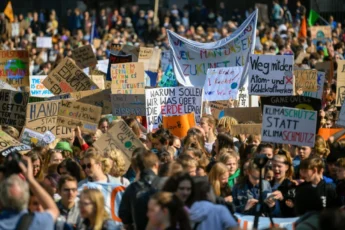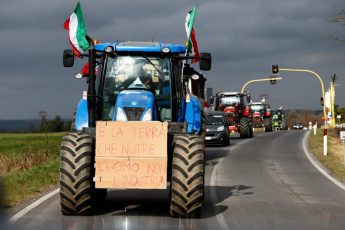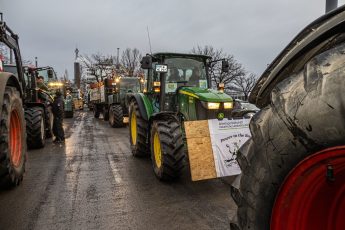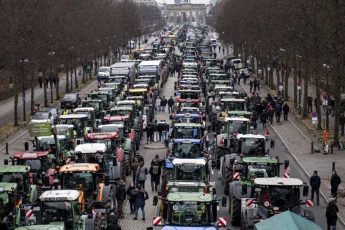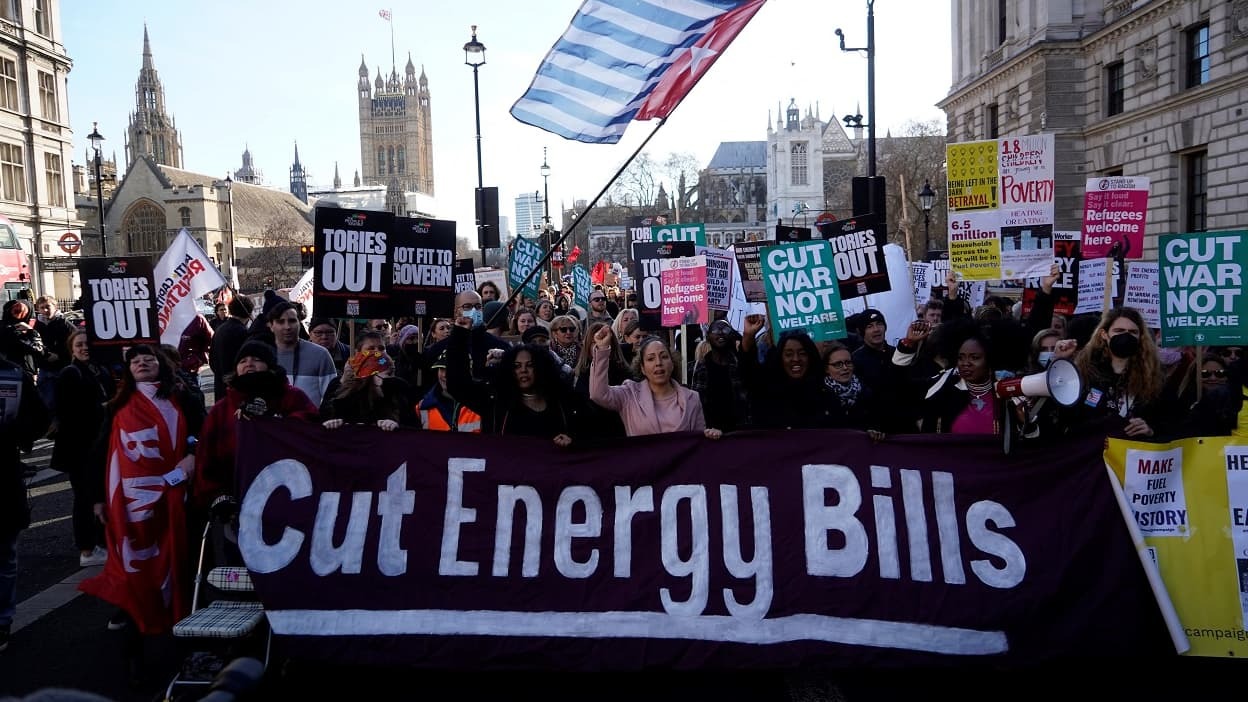
by TSS PLATFORM
Six months have passed since Putin’s invasion of Ukraine. However, the war’s social effects haven’t stopped at the Ukrainian border and are now affecting millions of people throughout Europe and beyond. In recent days, the price of gas skyrocketed to new record heights, granting huge profits to the fossil fuel majors, and condemning millions to a reality of growing poverty, inflation, and unemployment. Governments’ attempts to secure energy supplies for the winter (such as the European Save Gas for a Safe Winter plan) ensure those market sectors that cannot work without gas, while dumping these choices’ costs on people’s consumption and individual responsibility and sacrifices. This is part of the Third world war scenario we all live in and struggle against. In fact, as energy and ‘green’ policies are now deeply embedded into the war, the struggles against their material effects of impoverishment are part of our transnational politics of peace. In the last few days, the #DontPayUK campaign has been confronting both governments and the big companies that want to discharge the price of their profits and power on people’s shoulders. Committing to strike on energy bills, thousands of people are already refusing the deadly choice between “eating” or “heating,” between racking up debts or facing fuel poverty and freezing winter. We are confronted with the necessity to articulate our transnational politics of peace inside this growing international competition by fighting in the conflict between those who pay the price of the war and those who profit from it.
The third world war and specifically the energy crisis have led to a return to fossil fuels, postponing the conversion from coal to alternative energy sources. However, even before the war, we saw the European green transition neither as a way to solve the climate crisis, nor to deliver a better environment, but as an attempt to open new opportunities for capital accumulation through the exploitation, reproduction, and widening of differences and hierarchies within the European space and beyond. Now the war unmasks the European transition policies’ actual scope. Promoting new Partnership Agreements with its member states, the European Commission is fostering its “just” – digital and green – transition to face the upcoming freezing winter struggling to coordinate industrial and energy policies for years to come at the European level. This is not the climate justice that was powerfully reclaimed by the global environmental movement in the last years. As States are engaged in a run to grab as many resources as possible, gas, nuclear, and coal sectors will keep exploiting the work of thousands of people in some places, while in other countries the closure of coal-powered plants in the name of the green transition results in the loss of many jobs. In Bulgaria, such a national decision recently found the response of hundreds of workers striking not to be caught in the middle between the government’s green policies and the bosses’ profits. Their struggle is a practical contestation of the green transition in wartimes, which is part of our attempt to turn the green transition into a transnational terrain of struggle.
As workers, activists, migrants, women, and men, we refuse to suffer either the consequences of climate change, the consequences of Putin’s war, or the unsustainable costs of the capitalist green transition. Strikes and movements such as those in Bulgaria and the UK are making clear the need to foster transnational political connections that aim to overcome the artificially fabricated distinction between workers’ and climate activists’ interests. On September 23 a new climate strike is announced, which aims to reactivate the global movement for climate justice by radically opposing the logics of profit and exploitation, and the overall relations of domination, which affects our ecological, social and political environment. The meeting in Sofia organized by the TSS Platform and LevFem on 8th-11th September will be the occasion to tackle and develop these issues. Transforming the green transition into a terrain of struggle is an essential part of our effort to escape the blackmail of the climate, social, and war catastrophe that reproduces violence, exploitation, and environmental degradation. The climate, energy, and social crises won’t wait until winter comes: they are already hitting, and we need to turn this fall into a season of collective struggles.


